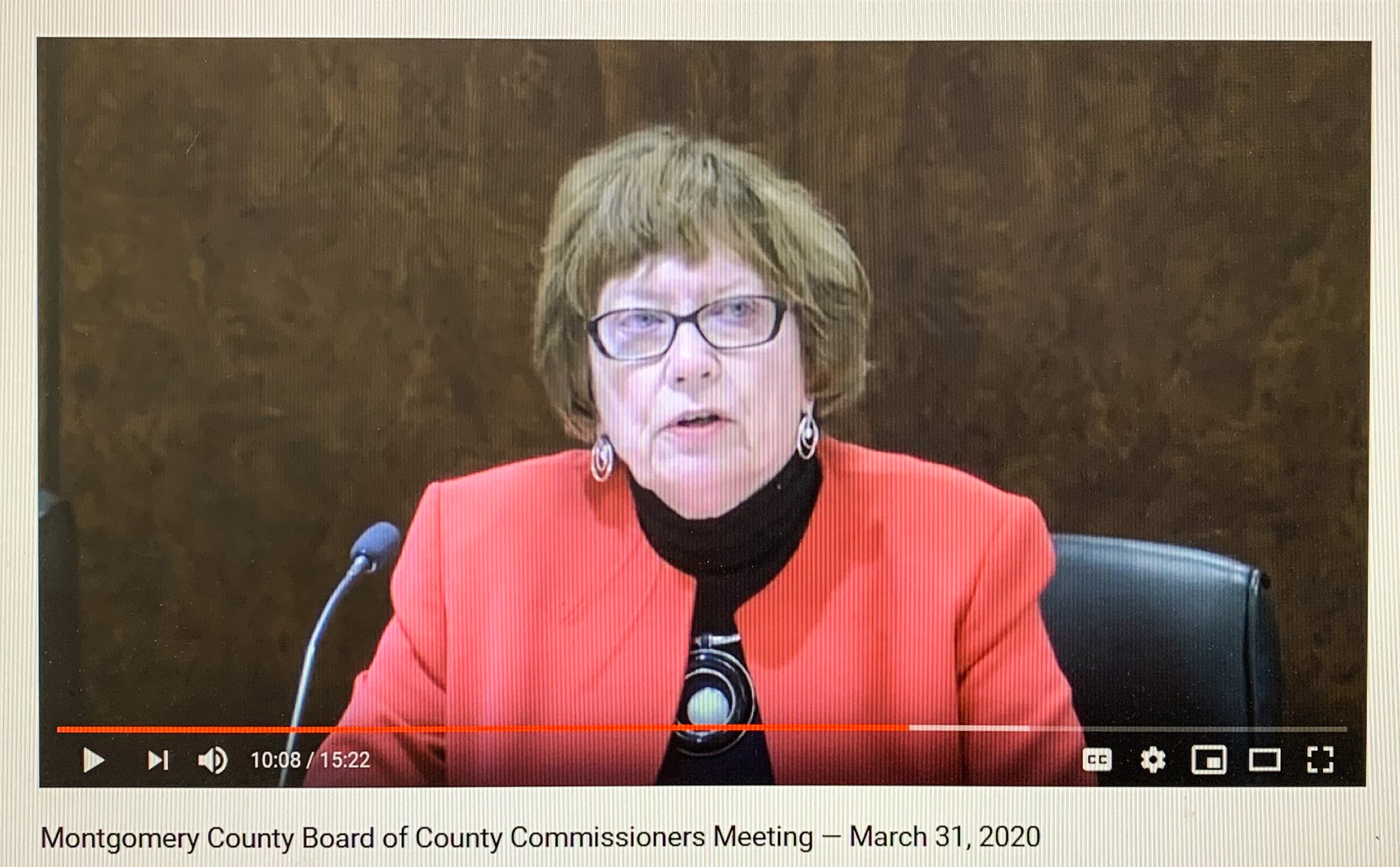After Tuesday’s meeting, the next general session meeting on the calendar is at 1:30 p.m. April 28. Commissioners generally meet at a Tuesday morning work session and afternoon general session. Those meetings for April 14 have been canceled, and no meetings were scheduled for April 21 due to a previous resolution.
The public may contact Montgomery County Commission Clerk Emily Bradford by email at bradforde@mcohio.org for questions regarding the meetings or content included on the agendas.
MORE: Coronavirus: Balancing ‘keeping people alive and keeping our economy going’
The Montgomery County Board of County Commissioners as well the Dayton City Commission and Dayton Public Schools all began restricting public access to meetings last month due to the health emergency. Video conferencing will give added protection to staff members and elected officials through the pandemic, according to Montgomery County.
MORE: Coronavirus: Montgomery County expects $20 million revenue loss, plans cuts
In the wake of the pandemic, Ohio Attorney General Dave Yost issued guidance saying that during the governor’s declared coronavirus emergency, governments can meet the state law’s requirement that meetings be “open” to the public by live-streaming through the internet or television. Yost’s guidance also said elected officials could attend meetings remotely by teleconferencing, though that conflicts with state law according to the Sunshine Law manual released by his office earlier.
About the Author

